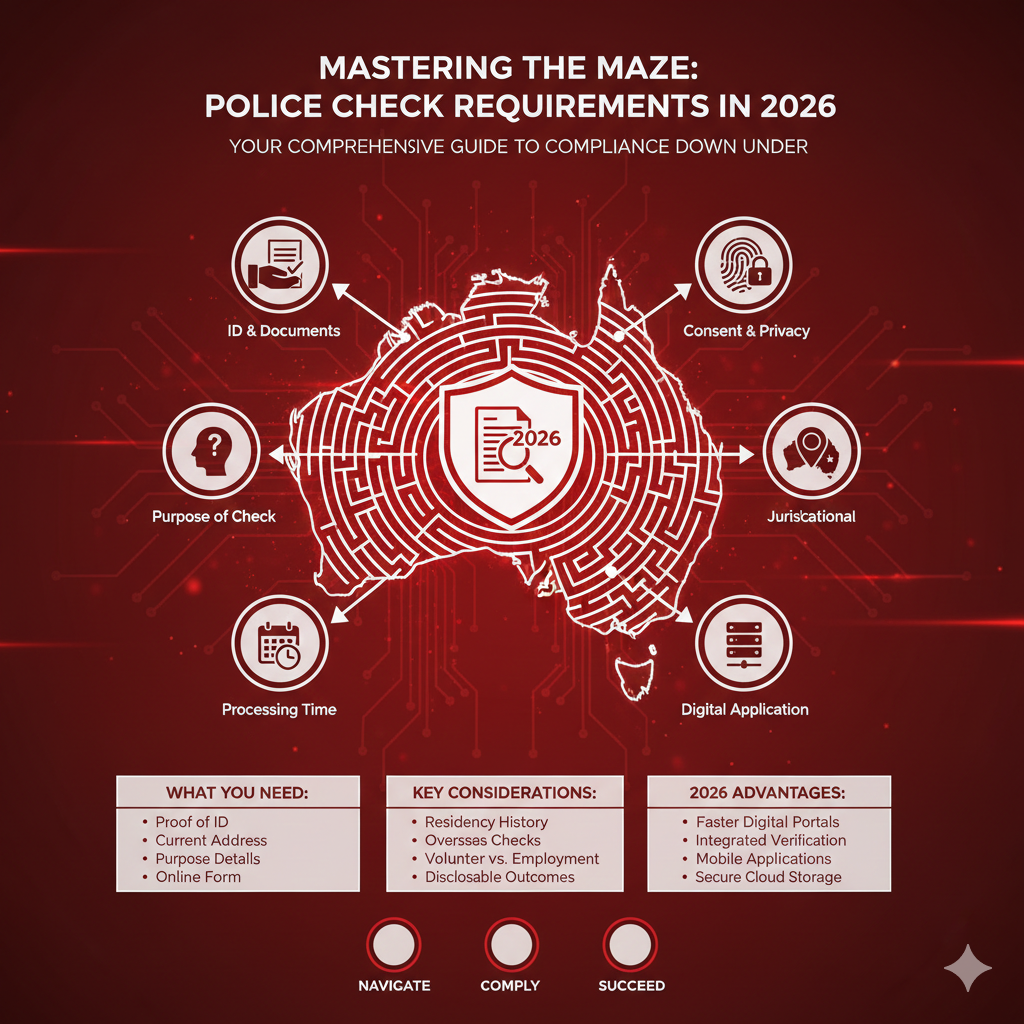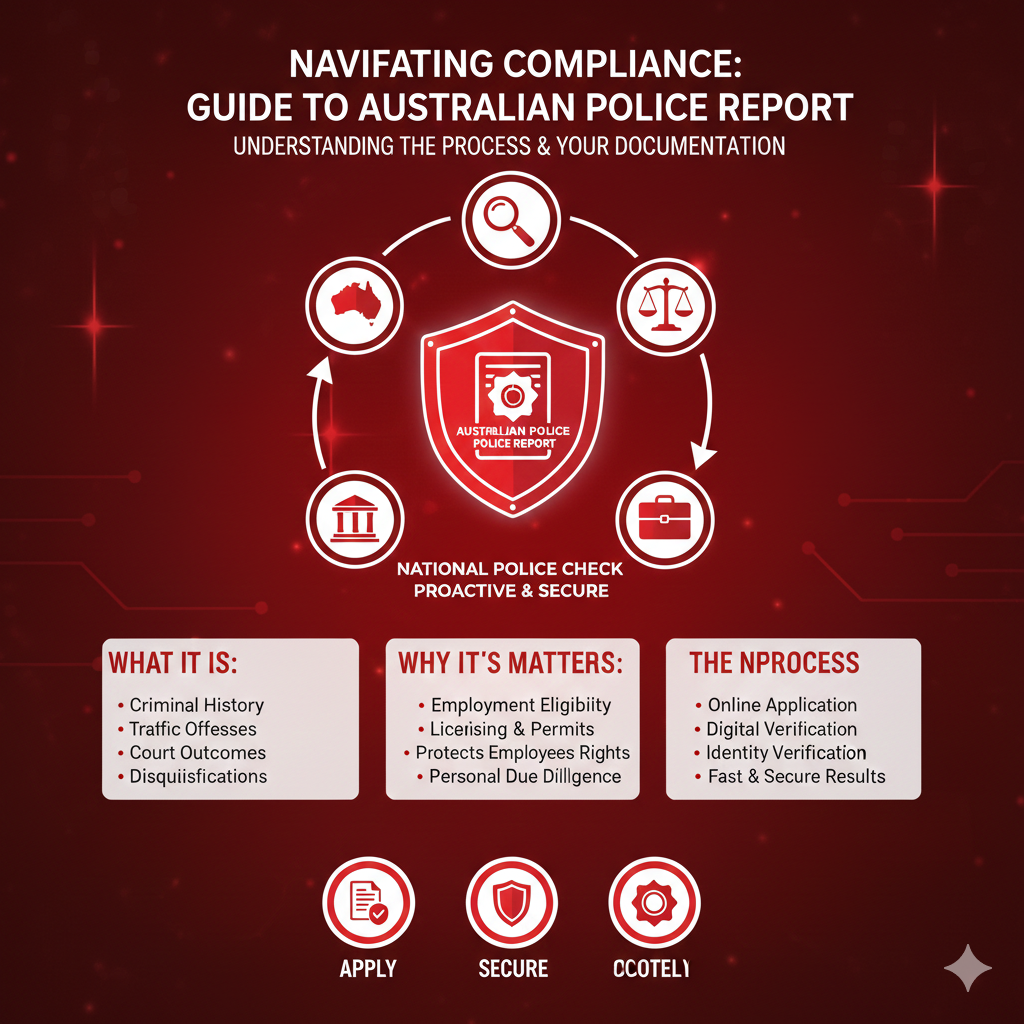Within this modern framework, the mastering of Digital Age Compliance has been considered one of the critical mandates that each organization or every individual needs to adhere to.
The intricacies of a new digital age compliance call for understanding and implementation of effective compliance strategies as imperative for the assurance of security, privacy, and ethical use of technologies.
What is the Digital Age?
The digital age, otherwise known as the information age. It is that period characterizing the pervasiveness of digital technologies in revolutionizing communication, information processing, and business operations. It’s an age when digital gadgets, the Internet, social media, and enhanced computing technologies characterize everyday life and organizational practices.
Although, that is a change from analog to digital; it changed everything about how we get and manage information, interact with other individuals, and do business.
Compliance in the New Digital Age
Some of the challenges brought about by the new digital age compliance are fast technological development and the shifting nature of the regulatory environment. Compliance in such a context means entitlement to the laws, regulations, and standards set by an industry that protects sensitive information. Also allows for its ethical use relating to technology, such as checks for international applicants.
Within these lines, there are varieties of frameworks and regulations. The ones represented by the General Data Protection Regulation in Europe and by the California Consumer Privacy Act in the United States, or other regional or sectorial legislation.
A good understanding of these regulations and the possibility of their implementation is very key to any organization mastering compliance within the digital age. This would initiate policies and procedures that ensure there is privacy of data, security, and ethical use of technology. This also keeps one informed about regulatory changes and emerging threats that may influence compliance requirements.
Digital Age Compliance Frameworks
Some cornerstones of digital age compliance are adherence to established frameworks and regulations. For example, GDPR would give rigid requirements for data protection and privacy in accordance with the regulation, like explicit consent, data breach notifications, right of access, and a right of erasure to personal data.
In the same breath, the CCPA grants a variety of rights over their PI to consumers, such as opting out from selling data and deletion requests.
The compliance strategies of organizations should be based on and aimed at adhering to these acts and laws in letter and spirit. This would include:
Data Protection Policy
Fleshing out explicit policies regarding the collection, storage, and processing of data in compliance with the regulations.
Risk Management
Setting out and mitigating the risks associated with data breaches or any other event that may come under security threats. This includes using services such as National Police Checks
Information and Awareness
Passing knowledge to employees on the need and how to comply to have a culture of data protection.
Monitoring and Auditing
Compliance practices should, from time to time, be reviewed and audited for compliance in keeping with regulations and seeking ways to improve their operations.
Pros and Cons of the Digital Age
The digital age compliance comes along with an array of associated advantages and challenges that make their impact on the efforts for compliance.
Another example can be that now you can do checks in SA, Victoria, and other parts of Australia without the hassle of going anywhere. On the other hand, digital technologies come along with various benefits, which involve the following:
- More Connectivity: The internet and several digital tools of communication make information easily accessible, and in a way, collaboration is enacted worldwide.
- Increased Efficiency: Digital technologies automate and make the speed of business processes faster for enhanced productivity.
- Analytics Driven Insights: Advanced analytics and data processing capabilities yield valuable insights that drive decision-making and innovation.
- Accessibility: Digital platforms increase access to information and services among a large section of people, hence giving way to inclusiveness and ease.
Although these benefits come along with their possible drawbacks that shall be dealt with by an organization to remain compliant:
- Privacy Concerns: This huge collection and sharing of personal data definitely raises major privacy concerns. Hence, effective measures against violation of personal data protection are extremely important.
- Security Risks: Digital technologies are prone to a variety of cyberattacks, data breaches, and other security threats to the very important information.
- Regulatory Complexity: Keeping pace with all these regulations and standards across different regions and industries is overwhelming.
- Ethical Dilemmas: A range of ethical concerns with artificial intelligence and machine learning can arise from digital technologies pertaining to bias, discrimination, and transparency.
Benefits vs Risk Balancing
The benefits that digital technologies can offer need to be very carefully balanced with associated risks if organizations are to actually pass the test of digital age compliance. This includes:
Effective Security Implementation
This involves the investment in state-of-the-art security technologies that more or less include the latest encryption, firewalls, intrusion detection systems, and cyber threat protection.
Information Privacy
Protecting personal information in accordance with regulations. This enables set on data protection and following best practices is very instrumental in gaining customers’ trust.
Compliance Culture
Compliance policies and procedures need to be taken seriously and fostered within the organization to raise awareness.
Be Informed and Agile
Stay current on regulatory changes, emerging threats, and technology developments to assist organizations in being more proactive in compliance challenges.
The Future of Compliance in the Digital Age
The future of digital age compliance will further evolve with technology. Blockchain, artificial intelligence, not to mention the Internet of Things, and new technologies will likely bring new difficulties and opportunities for compliance.
Any given organization has to be agile and nimble enough to move with the developments. It ensures the movement in the right direction toward compliance requirements and qualification checks.
Conclusion
Nowadays hyperconnected culture has made digital age compliance imperative, not an option. As companies rely progressively more on online communities and data-driven technologies, they must navigate a complex web of regulations, security concerns, and ethical duties. From protecting confidential client data to ensuring open data habits, compliance is a core concept. It upholds trust, safety, and operational integrity.
Moreover, If you want to successfully handle compliance in the age of the internet, cultivating a culture of responsibility and vision is just as crucial as fulfilling legal obligations. Corporations can be cautious by developing comprehensive data protection protocols, analyzing security threats. Staying abreast of rapidly evolving legal frameworks such as the CCPA, and Australia’s Privacy Act. Because of the swift progress of technology, businesses must not only maintain legality in the present however additionally build their activities for the regulatory framework of the future.
Furthermore, businesses can work with compliance-focused suppliers like Rapid Screening to simplify this complex process. With the use of specialist technologies and informed support, businesses may validate credentials, conduct thorough background checks. It helps to set up secure data handling practices at all organizational levels. For companies of every type, such as software entrepreneurs, commercial banks, and healthcare facilities, keeping digital compatibility eliminates risk, promotes consumer trust. It produces a safe environment for employees.
Frequently Asked Questions (FAQs)
Q) What is the digital era?
The digital era, driven by social media, mobile devices, and the internet. This has a massive impact on how we interact, communicate, and work in daily life.
Q) What is the impact of the digital age?
The digital age has revolutionized communication, business, and access to information at our fingertips. We can access a sea of information at any time from anywhere. However, it also poses challenges like privacy concerns and digital dependency.
Q) What is the threat?
The digital era poses risks to confidential information, cybersecurity, and mental well-being due to data breaches, cybercrime, and the threat of social exclusion.
Q) Why is it important?
Compliance guarantees that companies manage data in a morally and legally responsible manner. It protects customer data, fosters trust, and protects businesses from fines in today’s linked, digital world.
Q)Which regulations are essential for firms to adhere to in terms of digital compliance?
Some major regulations include the General Data Protection Regulation (GDPR) in Europe, the California Consumer Privacy Act (CCPA) in the US, and Australia’s Privacy Act 1988. These govern how personal data is collected, stored, and used.
Q) How can companies keep up of evolving compliance standards?
Businesses can work with regulatory solution suppliers like Rapid Screening, who provide up-to-date and tailored compliance solution. Visit compliance webinars, participate with lawyers, and join up for regulatory alerts.
Q)Which sectors have been most affected by compliance with the digital age?
The government, healthcare, economic, education, and online retail sectors are all heavily affected. They handle large amounts of confidential information and must follow strict regulations for managing specific types of data. Other industries, like education, have also benefited. Schools now have computer labs that give students easy access to information.
Q) What part does digital compliance play in cybersecurity?
A key component of digital compliance is cybersecurity. In order to prevent intrusions and guarantee compliance with privacy rules. It entails protecting data using firewalls, data encryption, and reliable access controls.




